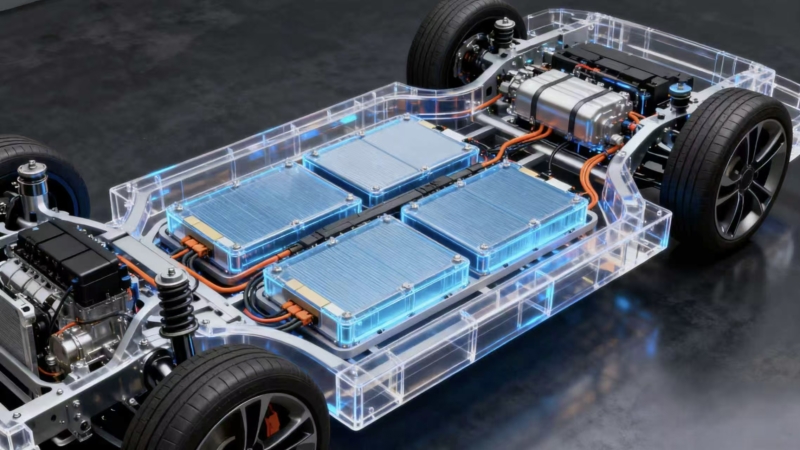Solid-state batteries get flexible “armour” layer from Chinese scientists, survive freezing weather in Nature-published breakthrough
A team of scientists from Tsinghua University’s Shenzhen International Graduate School and Tianjin University has discovered a new method to enhance the strength, longevity, and reliability of solid-state batteries in cold or high-power conditions. Their study, titled “A ductile solid electrolyte interphase for solid-state batteries,” was published in the journal Nature on October 29, 2025, as reported by IT-Home.
Solid-state batteries are often described as the future of electric vehicles. They store more energy and are safer than today’s liquid batteries, which can overheat or catch fire. But progress toward mass production has been slow because these batteries tend to crack and lose performance during fast charging or in freezing weather.
To solve this, the Tsinghua and Tianjin team designed what they call a “flexible armour” layer for the battery’s surface. Typically, this protective layer, known as the solid electrolyte interphase (SEI), is hard yet brittle, meaning it can fracture under pressure. Once it cracks, lithium builds up unevenly, which shortens the battery’s life.
Instead of making the SEI harder, the researchers made it more flexible. Using silver-based materials called Ag₂S and AgF, they created a layer that can bend slightly without breaking. This flexibility helps maintain a stable structure while still allowing lithium ions to move through smoothly.
In testing, batteries with this new coating ran for more than 4,500 hours under heavy use and stayed stable for over 7,000 hours at –30°C, conditions that would typically cause other solid-state batteries to fail.
The design combines both soft and stiff materials in a gradual, layered structure. This reduces internal stress, prevents cracks, and keeps lithium evenly distributed during charging and discharging.
The project was led by Professors Feiyu Kang and Yanbing He from Tsinghua SIGS, as well as Quanhong Yang from Tianjin University. It was supported by China’s National Natural Science Foundation, the National Key R&D Program, and Shenzhen’s Science and Technology Innovation Plan.
This research does not mean that solid-state batteries are yet ready for mass production. The research offers a potential pathway to improve solid-state battery reliability under extreme conditions, which could support future commercial applications.



